So you’re thinking of becoming a life coach.
Maybe friends keep turning to you for advice. Maybe you’re the go-to listener in your circle. Or maybe, after years in a 9-to-5, you’re ready to finally do something that feels aligned.
Whatever your reason, one thing’s clear: you’re drawn to helping others live better, more intentional lives.
But how do you even become a life coach? And do you really need a certification to get started?
Let’s break it down—step by step, without the overwhelm.
What Does a Life Coach Actually Do?
Life coaches don’t give you a magic formula to solve life (sorry, no fairy dust here). But they do help clients clarify goals, overcome obstacles, and create momentum.
In short: coaches help people get unstuck.
Depending on your niche (more on that later), this might look like:
- Supporting someone through a career transition
- Helping an overwhelmed mom rebuild her confidence
- Guiding a new entrepreneur to set up their business strategy
- Coaching clients on healthy habits and mindset shifts
Unlike therapy, coaching is future-focused. It’s about action, accountability, and results.
Do You Need a Life Coach Certification?
Technically? No.
Life coaching is not a regulated industry, which means anyone can call themselves a coach.
But hold on—before you print business cards, let’s talk trust.
Clients today are more discerning. They want to know you’ve invested in your skills. A certification, especially from a respected training body, gives you credibility. It shows you’re not just winging it. It also gives you confidence (hello, imposter syndrome).
One of the most well-known accrediting bodies in the coaching world is the International Coaching Federation (ICF).
While not legally required, ICF-accredited programs are considered the gold standard. The ICF sets ethical guidelines, training standards, and competency frameworks for coaches globally.
If you plan to charge premium rates, work with corporate clients, or list yourself in coaching directories, being ICF-certified—or at least trained through an ICF-accredited school—can be a big advantage.
That said, getting certified doesn’t have to mean racking up student debt. There are free and affordable programs out there. We’ll get to those soon.
How Do You Become a Life Coach? A Step-by-Step Path

1. Start With Your Why
Ask yourself: Why do I want to coach?
Maybe you’ve overcome something big and want to help others do the same. Or maybe you’re deeply curious about human behavior and fulfillment.
Getting clear on your “why” will help you:
- Choose the right niche
- Stay motivated when things get tough
- Build a brand that resonates
2. Choose a Niche
You don’t have to serve everyone. In fact, please don’t.
Having a niche not only makes your marketing easier, it also helps you stand out and build deeper expertise.
Let’s unpack a few popular life coaching niches to help you get inspired:
Career Coach
You’ll work with clients who feel stuck in their current roles or are contemplating a big shift. Think: someone dreading Monday mornings or secretly job-hunting during lunch breaks. You’ll help them clarify their goals, rewrite their resumes, and build a roadmap toward fulfilling, aligned work.
Health & Wellness Coach
These coaches guide clients through physical and emotional well-being. You might work with someone who’s tried every diet on the planet or who feels burned out but doesn’t know where to begin. You help them develop sustainable habits, manage stress, and create a life that feels good from the inside out.
Mindset Coach
This is for the inner critic slayers. Your clients might be struggling with imposter syndrome, perfectionism, or feeling “not enough.” You’ll help them reframe limiting beliefs and take action with courage. It’s like life coaching meets personal empowerment.
Business Coach
Here, you’ll guide entrepreneurs or small business owners in clarifying their vision, setting goals, and creating systems that actually work. Many of your clients may feel like they’re juggling too much, plateauing in income, or unsure how to scale. You help them move from chaos to clarity.
Relationship Coach
This could be for singles looking to break unhealthy dating patterns or couples who want to improve communication. If you’ve ever had friends vent to you about their partner and you instinctively knew how to help them reflect—this might be your zone.
Productivity Coach
If you love structure and helping others ditch procrastination, this niche is for you. Your clients might have 17 tabs open—both literally and mentally. You’ll help them manage their time, simplify their priorities, and finally start finishing what they begin.
Your niche can come from your own life experience, professional background, or deep interests. You can always refine or pivot as your coaching evolves.
Maybe you’ve overcome something big and want to help others do the same. Or maybe you’re deeply curious about human behavior and fulfillment.
Your niche can come from your own life experience, professional background, or deep interests.
3. Get Trained
This is where a certification program (even a free one) can really help.
You’ll learn:
- Core coaching techniques (active listening, asking powerful questions)
- Ethics and boundaries
- Client frameworks and tools
And yes, it helps you feel legit when you charge real money for your services.
4. Set Up Your Coaching Business
You don’t need a fancy website on Day 1, but you do need a way for clients to find you and book sessions.
Start with the basics:
- A simple coaching website (like the templates at TheFlowOps)
- An online scheduler for appointments
- A way to collect payments
- A basic welcome email or intake form
Tools like TheFlowOps make this easy, even if tech isn’t your thing.
5. Practice, Practice, Practice
No one becomes a confident coach in theory. You need reps.
Offer free sessions to friends or peers. Run beta packages at a discounted rate. Ask for testimonials in return.
The more people you coach, the more you’ll refine your style.
6. Start Marketing Yourself
No need to dance on Reels (unless that’s your thing). But you do need to be visible.
Start with:
- A clear Instagram bio or LinkedIn profile
- A few educational posts or stories
- Asking past clients for referrals
- Creating a lead magnet or free resource
Focus on helping, not selling. People can tell.
Curious about income potential? Check out our guide on how much life coaches make and what it really takes to earn sustainably in this career.
4 Free Life Coach Certification Programs (Yes, Really)
These won’t replace a full ICF-certified program, but they’re excellent intros to coaching.
1. Life Purpose Institute: Free Intro to Coaching Course
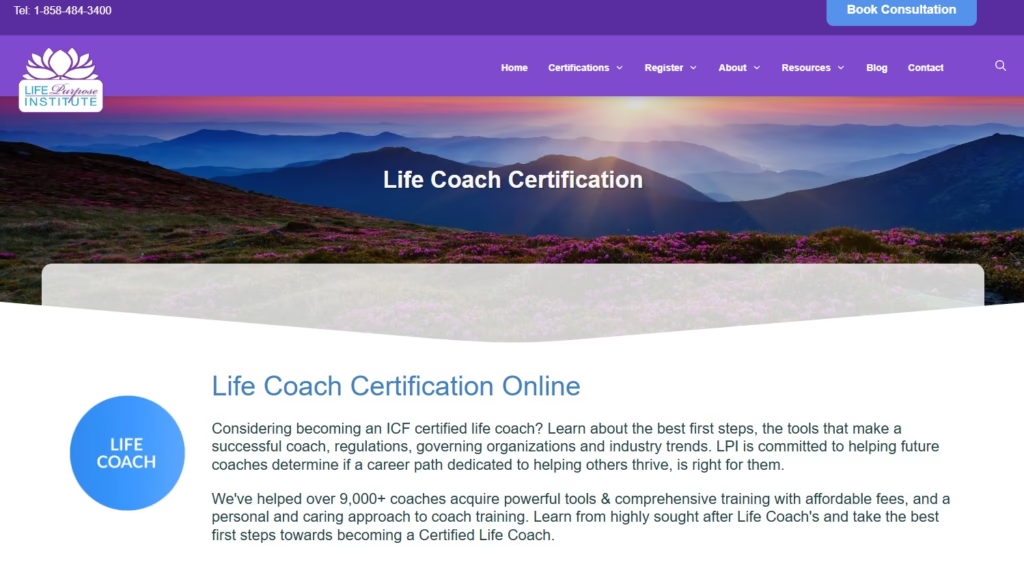
This self-paced online class gives you a glimpse into the coaching world. It covers what coaching is (and isn’t), what it takes to succeed as a coach, and includes exercises to help you determine if this path fits you. Ideal for anyone who’s just getting curious.
- Easy to follow
- Great starting point for complete beginners
- Helps you assess your alignment with the coaching field
2. eLearning College: Free Life Coaching Certificate
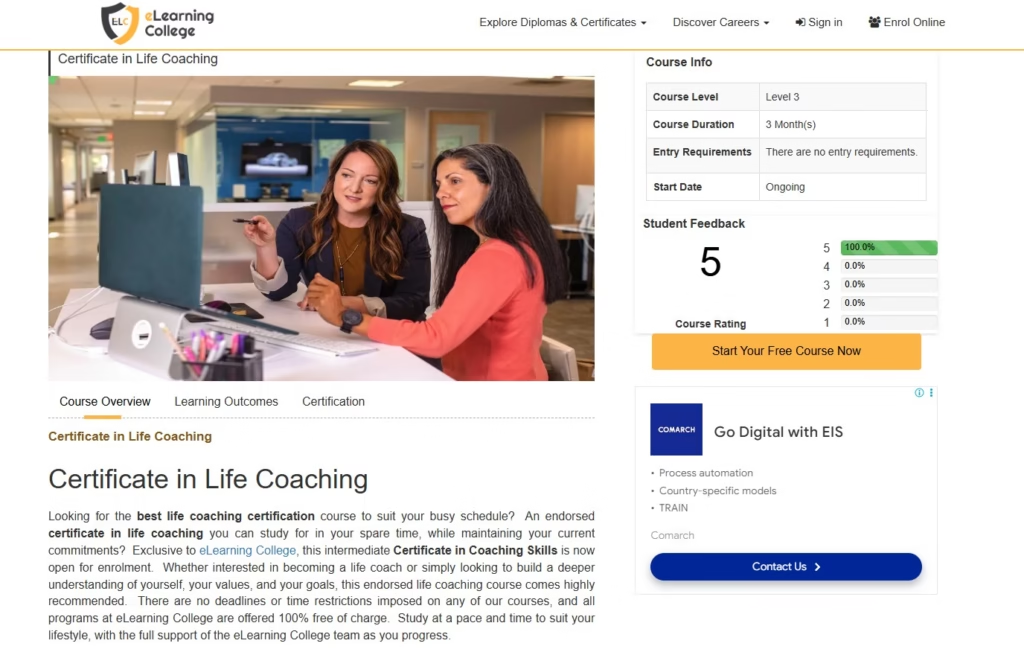
This UK-based online learning platform offers a free Life Coaching Certificate course that covers essential coaching principles, ethical practices, communication techniques, and goal-setting frameworks. You can study at your own pace and receive a free digital certificate upon completion.
- Fully self-paced with no deadlines
- Free certificate on completion
- Great for learners who want structure without the pressure
3. Coach Training EDU: Free Sample Lessons
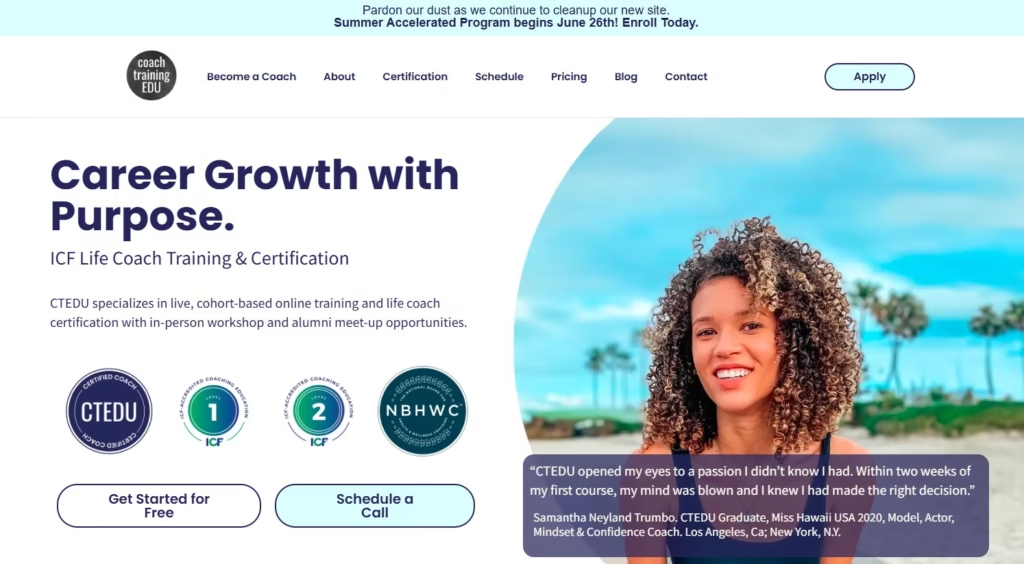
CTEDU is an ICF-accredited school, and their free sample lessons let you experience actual coaching content. You can listen to recorded coaching calls, explore sample course materials, and better understand the structure of professional certification paths.
- Real-world audio examples
- Taste of a premium, accredited program
- Includes insights into what professional training involves
4. Mindvalley: Life Coaching Masterclass
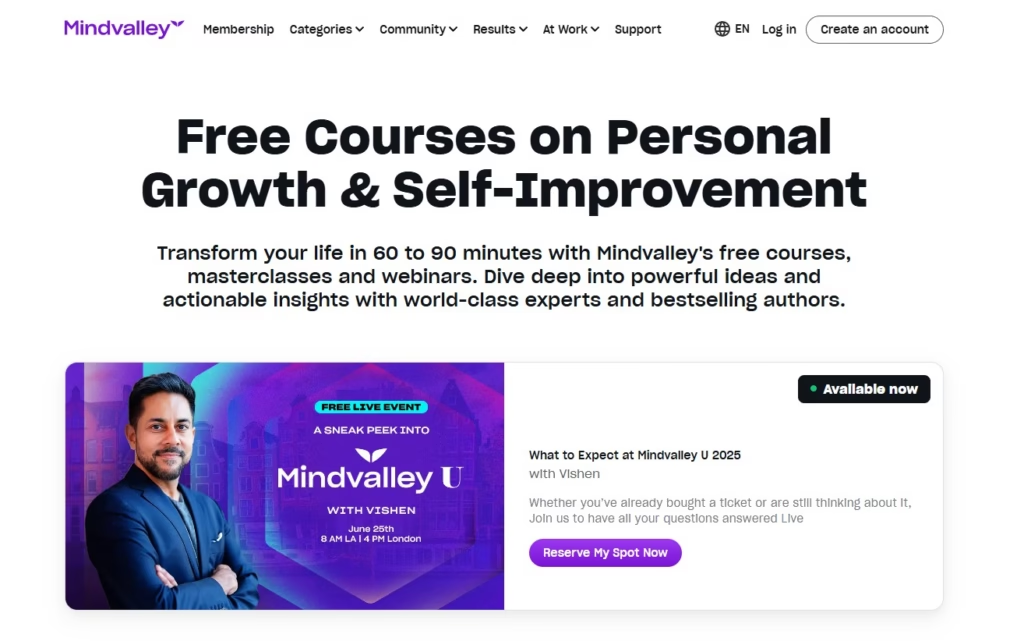
If you’re into transformational work and personal development, this one hits the mark. Mindvalley offers a 60–90 minute free masterclass where you learn from top coaches about mindset, personal breakthroughs, and coaching philosophies.
- High-energy and motivational
- Great for mindset and holistic-style coaches
- Free intro to their broader coaching path
Use these to dip your toes in and figure out if coaching feels right. Some also offer paid upgrades—but there’s no pressure to enroll unless you’re ready.
What to Look For in a Certification Program (If You Decide to Invest)
When you’re ready to go deeper, here are some things to look for:
- Accreditation: Is it ICF-approved?
- Live Practice: Will you get to coach real people, not just watch videos?
- Business Support: Do they teach you how to find clients?
- Mentorship: Can you get feedback on your coaching?
- Flexible Schedule: Can you learn around your current job or family life?
Pro tip: A $5000 program is not automatically better than a $1500 one. Read reviews, ask alumni, and trust your gut.
Paid Life Coach Certifications Worth Exploring
If you’re ready to invest in a paid program, here are a few reputable and widely respected options to consider—especially if you’re looking for ICF-accredited training:
1. Coach Training Alliance (CTA)
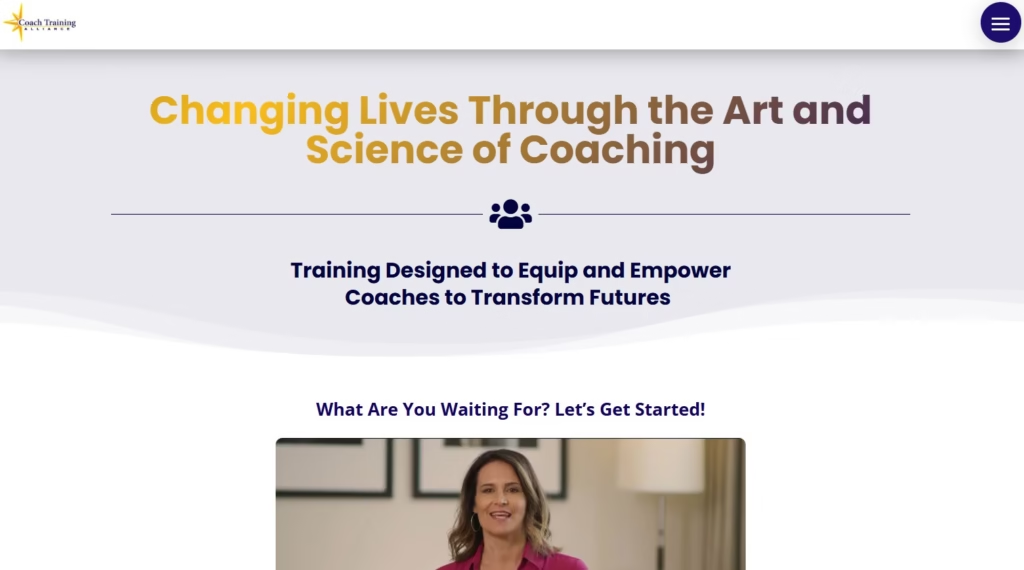
- Duration: ~6 months
- Format: Online, includes live sessions and mentor feedback
- ICF-accredited and known for blending skill-building with business training
- Great for coaches who want structure and step-by-step guidance
- Complimentary life coach courses also offered
2. iPEC (Institute for Professional Excellence in Coaching)
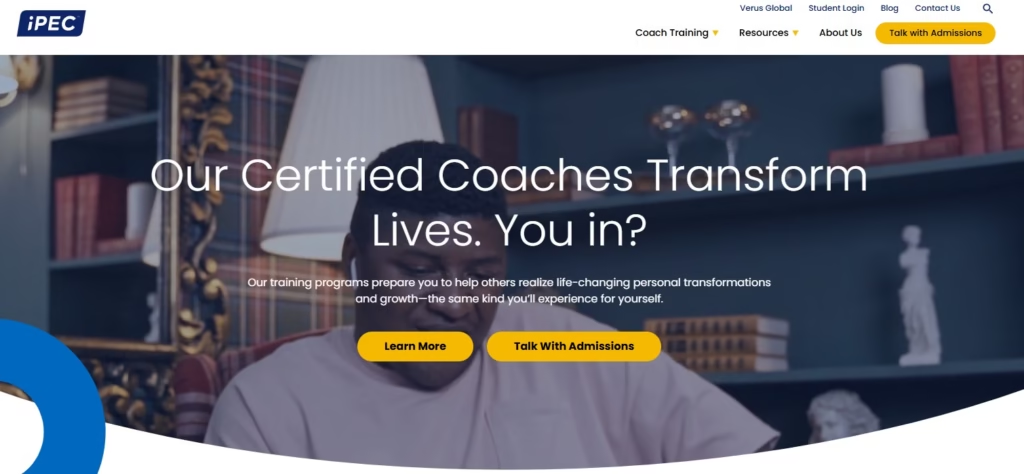
- Duration: 9–12 months
- Format: Online and live workshops
- Offers Core Energy Coaching™ methodology
- Includes training in building a coaching business and multiple niche pathways
3. Co-Active Training Institute (CTI)
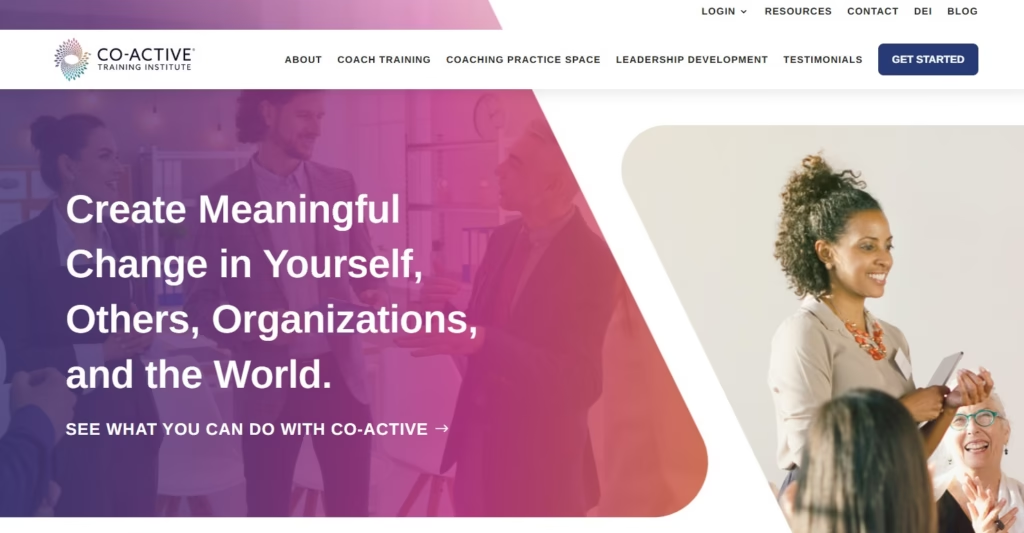
- One of the oldest and most respected coach training programs
- Offers in-depth experiential learning and strong community support
- ICF-accredited and known for cultivating deep coaching presence and skill
4. Beautiful You Coaching Academy
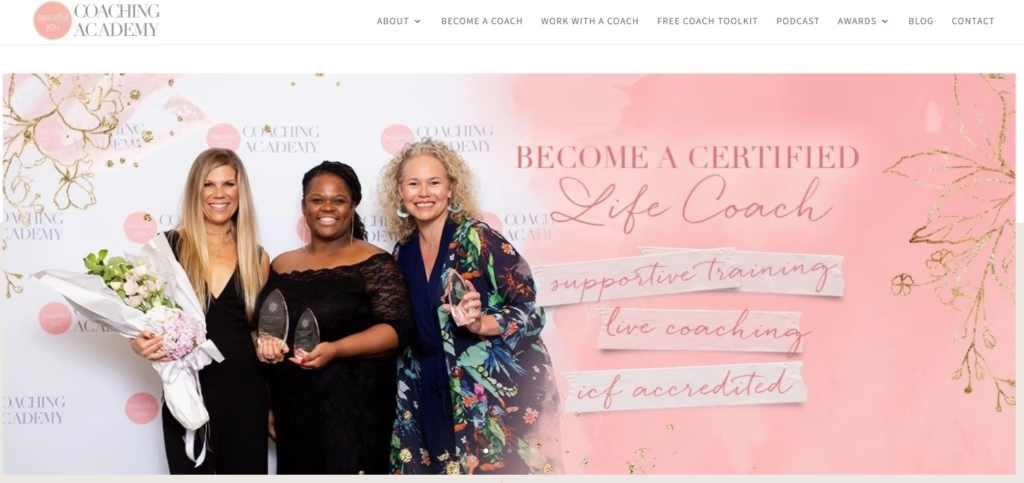
- Duration: 6 months
- Focus: Feminine, heart-led coaching approaches
- Popular with life coaches in wellness, creativity, and soul-led businesses
Each of these has different teaching styles, formats, and specializations—so it’s worth reviewing their curriculum and speaking with alumni before committing.
Beyond Certification: What Really Builds a Coaching Business
Spoiler: It’s not your credentials. It’s your consistency.
What matters more is your ability to:
- Show up (even when it’s quiet on Instagram)
- Help people feel seen and heard
- Follow through on what you say you’ll do
- Create safe containers for growth
Also? Automation is your friend.
Coaches often burn out not from coaching—but from manually emailing back and forth to schedule calls, send invoices, and track client notes.
Use tools like TheFlowOps Web Builder or Scheduling Widget to streamline your backend, so you can focus on doing what you do best.
Helpful Links & Resources
- International Coaching Federation (ICF)
- TheFlowOps Website Builder for Coaches
- How to Build a Coaching Website That Converts
- Life Coach Business Blueprint: Packages, Pricing, and More
Final Thoughts
You don’t need to be the most qualified person in the room. You just need to care deeply and commit fully.
Start small. Learn on the go. Keep showing up.
You’ve got this—and your future clients are already looking for someone just like you.
And if you’re ready to bring that vision to life online, explore our website templates made just for coaches. Before you launch, check out these tips on coaching website mistakes and what to know before starting a life coach business.
Ready to turn that spark into a calling?
Start with one of the free certification programs above, then explore our website tools and coaching resources at TheFlowOps.
Let’s build a business that reflects the real you.



